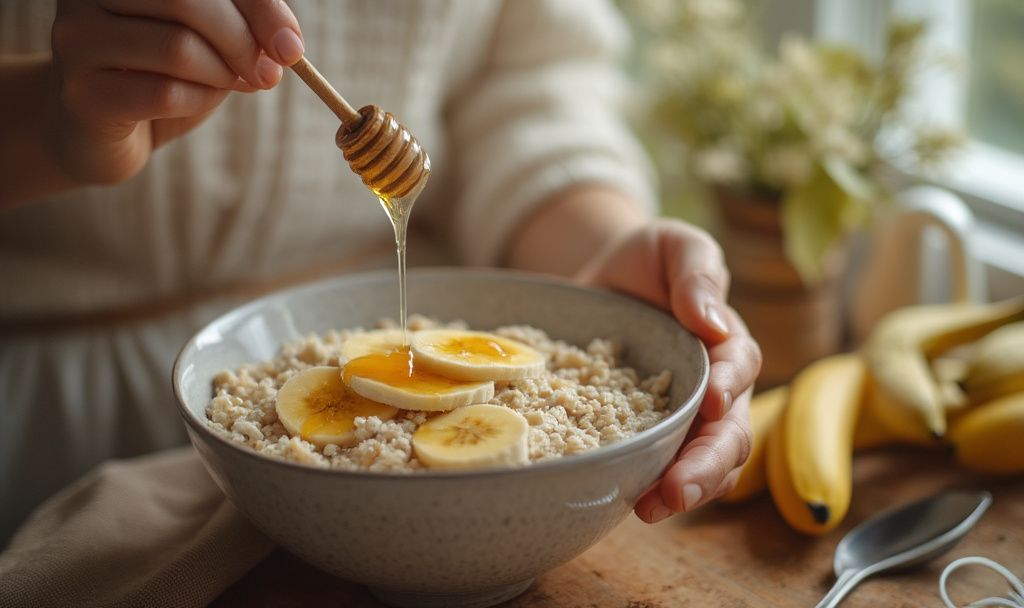Facing a colitis flare-up can be overwhelming, especially when navigating dietary choices. Understanding which foods to embrace and which to avoid plays a crucial role in alleviating symptoms. From low-fiber fruits to lean proteins, find the dietary balance that helps soothe your digestive system.

Understanding Colitis Flare-Ups and Diet
Managing colitis during a flare-up can be challenging. This condition, especially in types like ulcerative colitis and Crohn’s disease, causes inflammation in the digestive tract. Symptoms, such as abdominal pain and diarrhea, can be exacerbated by improper diet choices. Knowing which foods to eat and avoid during these episodes is vital for alleviating symptoms and promoting healing.
In a flare-up, the intestines are particularly sensitive, and consuming the wrong foods can lead to increased discomfort. Finding the right dietary balance can improve quality of life and help maintain nutritional intake. Understanding which foods to include and exclude during flares is essential for those with inflammatory bowel diseases (IBD) looking to manage their condition more effectively.
Recommended Foods During Flare-Ups
During a colitis flare-up, a low-fiber, easily digestible diet is often recommended. Foods that are gentle on the digestive system can help manage discomfort and avoid triggering symptoms. It’s important to focus on foods that are nourishing yet gentle on inflamed intestines.
- Low-fiber fruits such as bananas and canned peaches are easy to digest and prevent irritation.
- Lean protein sources like chicken, turkey, and eggs provide necessary nutrients without overly taxing the digestive system.
- White rice and refined grains can offer energy and soothe the gut.
- Dairy alternatives, such as lactose-free milk, can help maintain calcium levels without causing negative digestive reactions.
These foods serve to reduce symptoms and maintain nutrition effectively. It is important for individuals to monitor how their body reacts and make adjustments accordingly. For more detailed lists and personal guidance, individuals can consult specialists or use trusted online resources.
Foods to Avoid During a Flare-Up
Certain foods can worsen symptoms during a colitis flare-up. Irritants such as high-fiber foods, spicy dishes, and caffeine should be minimized to prevent aggravating the digestive tract. Eliminating these foods can help avoid unnecessary discomfort and inflammation.
- Raw vegetables and fruits with skins should be avoided, as they contain insoluble fibers.
- Fried and heavily seasoned foods can irritate the gut linings.
- Caffeinated and alcoholic beverages are known to increase digestive system irritation.
- Nuts, seeds, and popcorn, rich in fiber, can exacerbate symptoms.
Understanding which foods to avoid is just as important as knowing what to eat. Resources from reputable health organizations, like the Crohn’s & Colitis Foundation, provide guidance on diet management during flare-ups.
Ensuring Nutritional Balance
Maintaining nutritional balance is crucial when dealing with colitis, especially during flare-ups. The restrictive diet can lead to fears of malnutrition. Therefore, it is essential to incorporate a wide range of tolerated foods to ensure all nutrient needs are met.
Consuming a variety of lean proteins, simple carbohydrates, and suitable fats can help strike this balance. When needed, supplements might be required under the guidance of healthcare professionals. For individual advice, connecting with a registered dietitian or using telehealth services can be effective approaches.
Seeking Professional Guidance
Professional guidance can make a significant difference when managing colitis. Registered dietitians can offer personalized meal plans and nutrition advice catering to individual health needs. Many patients find valuable insights by consulting specialists from nutrition clinics or through virtual consultations.
There are also numerous online tools and support forums that provide community support and shared experiences, aiding in addressing the emotional and physical challenges of managing colitis. Consultations can enhance dietary management and offer reassurance during stressful flare periods.
Exploring reliable resources like Everyday Health can guide patients, providing trusted dietary recommendations tailored to their needs.
Frequently Asked Questions (FAQs)
What foods should I eat during a colitis flare-up?
During a colitis flare-up, it’s recommended to eat low-fiber, easily digestible foods such as bananas, canned peaches, lean proteins like chicken and eggs, white rice, and lactose-free dairy alternatives.
Which foods should be avoided during a colitis flare-up?
Foods to avoid during a colitis flare-up include raw vegetables, fruits with skins, fried foods, spicy dishes, caffeinated and alcoholic beverages, and high-fiber foods like nuts and seeds.
How can I maintain nutritional balance during a colitis flare-up?
Maintaining nutritional balance involves consuming a variety of lean proteins, simple carbohydrates, and suitable fats, and considering supplements under healthcare guidance to ensure all nutrient needs are met.
Why is professional guidance important for managing colitis?
Professional guidance from registered dietitians is important as they can provide personalized meal plans and nutritional advice that cater to individual health needs, enhancing dietary management during flare-ups.
What online resources can help with colitis diet management?
Online resources such as the Crohn’s & Colitis Foundation and Everyday Health provide valuable dietary recommendations and guidance for managing colitis, especially during flare-ups.
